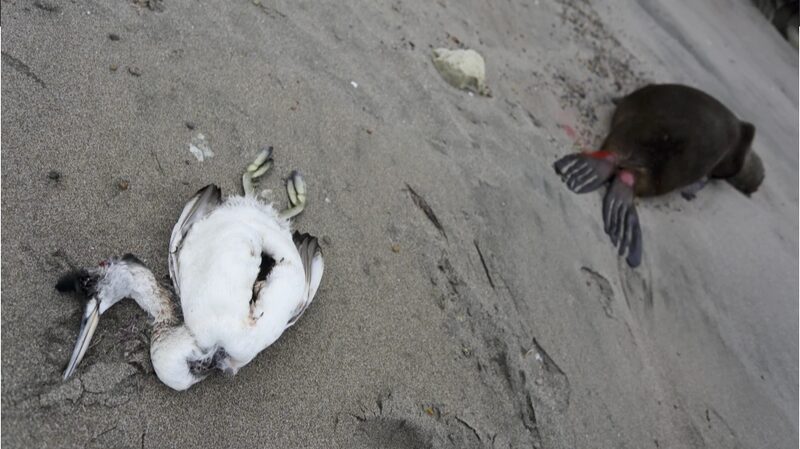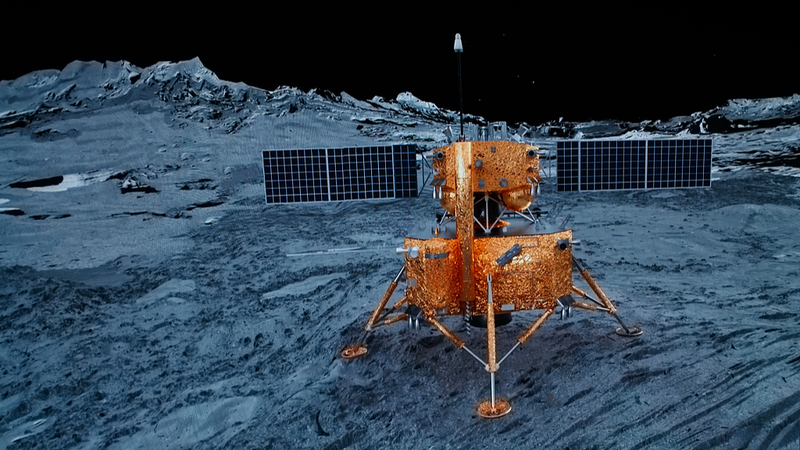🌎 The bird flu is wreaking havoc across the globe, but humans seem to be dodging the bullet! 🦠 While millions of birds and various animals like seals, sea lions, mink, and even a polar bear have fallen victim to the H5N1 bird flu virus, humans are barely affected. What's going on? Scientists are on the case! 🕵️♀️
\"It's a bit of a head-scratcher,\" says Richard Webby, a flu researcher at St. Jude Children's Research Hospital. Experts think it might be due to how the virus infects different species or differences in the microscopic docking points—called sialic acid receptors—that flu viruses use to enter cells.
But here's the big question: Could this situation change? 😬
\"There's a lot we don't understand,\" adds Dr. Tom Frieden, former director of the U.S. Centers for Disease Control and Prevention. \"We can't just hope for the best and bury our heads in the sand. It could be really bad.\"
History Repeats Itself? 🕰️
Flu viruses that originated in birds have caused serious pandemics before, like in 1918 and 1957. While experts think it's unlikely that the current bird flu will become a deadly global contagion, they're not taking any chances. U.S. health officials are preparing vaccines and making plans—just in case.
The Animal Impact 🐾
Since its first identification in 1959, the H5N1 virus has mutated over time. Recently, it's been spreading rapidly among animals. In the U.S., hundreds of poultry farms and dairy cow farms have reported outbreaks. While only a few humans have been infected, and mostly with mild symptoms, animals are suffering severe illnesses.
Cats, for example, are experiencing severe symptoms like seizures and death due to the virus attacking their brains. Foxes that ate infected birds met similar fates. 😢
Why Aren't Humans Affected? 🧐
Scientists are trying to figure out why humans aren't getting seriously ill. One theory is that humans might have some level of immunity due to previous flu exposures or vaccinations. However, studies suggest there's little existing immunity to this virus strain.
Another reason could be the differences in how the virus attaches to cells in different species. \"If it doesn't get into a cell, nothing happens… The virus just swims around,\" explains Juergen Richt of Kansas State University.
What If Things Change? 🔮
The big concern is if the virus mutates to become more contagious or deadly to humans. Pigs are a particular worry since they can serve as mixing vessels for viruses. 🐖 Scientists are ramping up animal testing to stay ahead of any potential changes.
\"The only thing predictable about influenza is it's unpredictable,\" says Frieden. And that's why it's essential to stay informed and prepared! 💪
Stay tuned, amigos, and let's hope science cracks this mystery soon! 🧪✨
Reference(s):
Scientists want to discover why bird flu hardly affects people
cgtn.com




